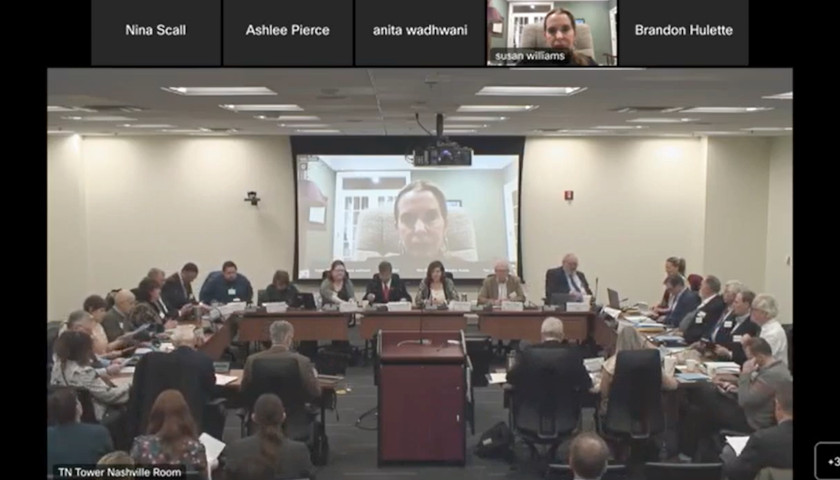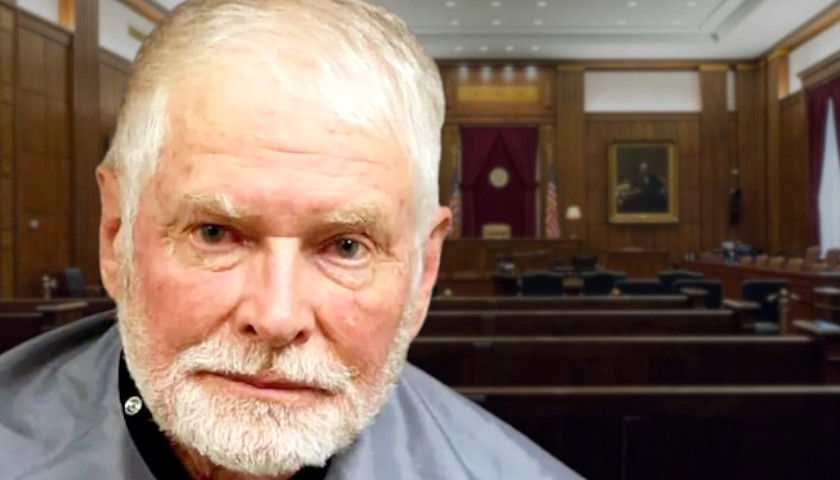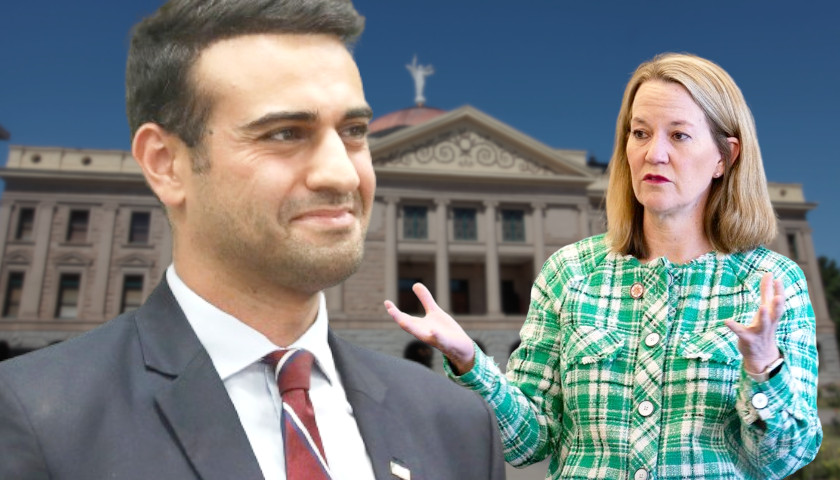The Tennessee Historical Commission (THC) recently voted to preserve a monument in Nashville’s Centennial Park that features a bronze sculpture of a young Confederate private holding a rifle seated on a stone.
The monument, which was commissioned in 1902, was petitioned to be removed by the Board of Parks and Recreation of the Metropolitan Government of Nashville and Davidson County in 2021.
Members of the THC are responsible for considering and voting on petitions for waiver through a public hearing process under the Tennessee Heritage Protection Act, which prohibits the removal, relocation, or renaming of a memorial that is, or is located on, public property.
During the commission’s final hearing to decide on the confederate monument’s fate, Macy Amos, who represented the Board of Parks and Recreation for Nashville, argued that the monument should be removed, citing the vandalism of the memorial in 2019 with the words “they were racists” in red paint. Additionally, Amos argued that the monument may not be a “memorial” at all, which would remove it from the commission’s jurisdiction. In her argument, she stated that the statue represents the “Lost Cause ideology” rather than a historical event or individual.
“We think that removal will curtail future attacks on this monument and will minimize the cost of cleanup of these attacks of vandalism. On behalf of the Board of Parks and Recreation, I respectfully ask that you grant our petition for waiver,” Amos stated during the hearing.
In response to Amos’ argument that the monument was not a memorial, H. Edward Phillips, an attorney representing General Joseph E. Johnston Camp from the Sons of Confederate Veterans, argued otherwise, stating that the monument was constructed in dedication to soldiers. Phillips pointed to the inscription of 540 names of soldiers – both deceased and alive at the time of construction – on the monument.
In addition, Phillips argued that the 2019 vandalism of the monument was not a “compelling reason” to remove the memorial – given that it was the first time in over a century that the monument was targeted. Phillips also noted that the Metro Board of Parks and Recreation did not petition for the moment to be removed after the vandalism for roughly two and half years later.
“As plain as the nose on my face, it’s not a compelling reason,” Phillips stated.
To conclude the hearing, the commission ultimately voted to preserve the monument, determining that the Metro Nashville Board of Parks and Recreation failed to provide an adequate argument for the monument’s removal.
– – –
Kaitlin Housler is a reporter at The Tennessee Star and The Star News Network.








